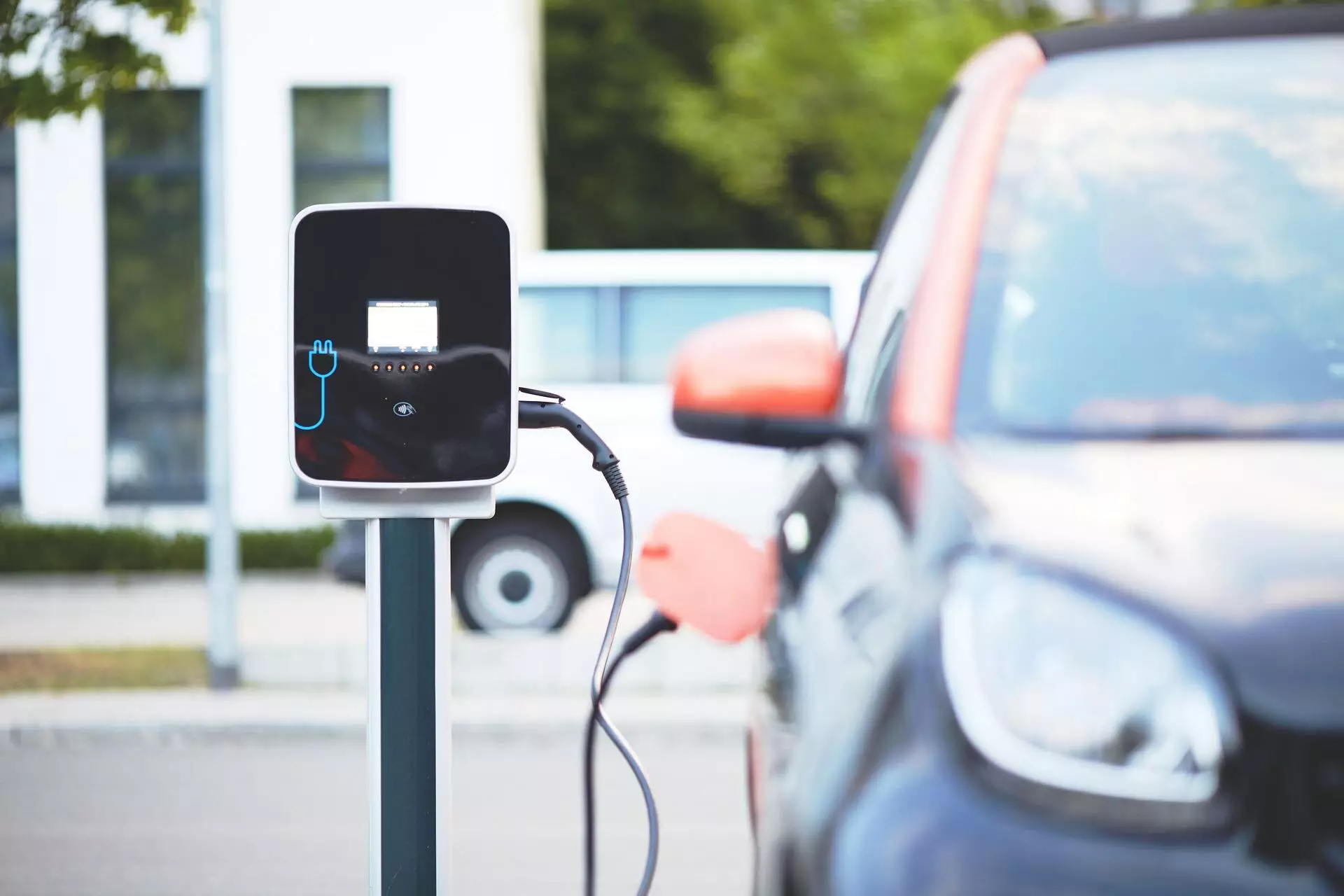Florida’s susceptibility to hurricanes and other extreme weather events raises significant concerns regarding the resilience of its electric vehicle (EV) charging infrastructure. As the state transitions towards sustainable transportation, having reliable charging services in place is not just a convenience but an essential public safety measure. A recent study from the University of Florida (UF) dives into this pressing issue, offering critical insights into how EV charging systems can be fortified against the chaos wrought by natural disasters.
In the context of Florida’s regular encounters with devastating hurricanes, the interplay between electric vehicle supply and demand intensifies. During these emergencies, both infrastructure damage and access restrictions complicate the sustainability of charging services. Thus, understanding these dynamics is vital for enhancing preparedness and resilience.
The study, published in the Journal of Management in Engineering, emphasizes the importance of proactive planning in deploying EV charging networks. Dr. Yan Wang, director of UF’s Urban Agility and Resilience Lab, explains that advanced modeling and counterfactual analyses can shape more effective preparedness strategies. This exploration is essential for anticipating infrastructure vulnerabilities and ensuring equitable access amidst chaos.
Collaborating with other experts, including Dr. Ruth Steiner and doctoral candidate Ziyi Guo, the researchers assessed the impact of Hurricane Ian on the Tampa Bay area. Their work indicated that EV charging stations integrated within a well-connected network generally fared better during extreme weather scenarios. Stations with diverse user access demonstrated enhanced recovery capabilities, reinforcing the idea that strategic placement and community integration are vital components of a resilient charging network.
The study also sheds light on social inequities associated with access to charging infrastructure. Vulnerable populations, particularly those in low-income areas, face disproportionate risks during severe weather events. Guo pointed out that discrepancies in access are not confined to urban neighborhoods but extend into rural regions as well. For those living in remote areas, the unavailability of the nearest charging station during disasters may cut them off from critical resources, even when they remain unaffected by flooding themselves.
The researchers advocate for an equitable approach to developing electric vehicle charging infrastructure, ensuring that all communities, particularly the most disadvantaged, are accounted for in the transition to electric mobility. This highlights that technological progress must not only focus on sustainability but also inclusivity.
Proactive Infrastructure Planning
To prepare for future challenges exacerbated by climate change, the UF research team developed a counterfactual analytical framework based on multi-agent modeling. This innovative method permits simulations of catastrophic hurricane scenarios, offering invaluable data that can inform proactive planning efforts. Wang emphasizes that understanding the uneven distribution of charging infrastructure is fundamental, as it hampers both EV adoption and perpetuates social inequities.
The application of such methodologies can bolster the resilience of EV charging stations against hurricanes by aligning infrastructure robustness with behavioral patterns exhibited during emergencies. This anticipatory framework encourages stakeholders to integrate data-driven insights, thus improving planning efforts for catastrophic weather events.
The research team also plans to examine the direct effects of extreme weather on charging services in urban settings, particularly on the UF campus. By refining their model, they aim to explore questions surrounding local preparedness for hurricanes, climate change, and floods in diverse environments such as Gainesville. This research holds promise, as its adaptability can serve multiple communities facing unique challenges associated with natural disasters.
Dr. Steiner notes that the versatile methodology could extend beyond evaluating EV charging systems during extreme weather. By leveraging data and modeling insights, communities may better strategize around various urban sustainability issues—ensuring that adaptive frameworks can support their broader goals.
The urgency of enhancing Florida’s EV charging infrastructure in the face of natural disasters cannot be overstated. The insights gleaned from the University of Florida’s study underscore the importance of resilient urban planning that incorporates equitable access, advanced modeling techniques, and proactive infrastructure measures. As communities navigate the complexities of climate change, it is vital that they foster both technological innovation and inclusivity—ensuring that every resident, regardless of socioeconomic status, can rely on accessible and resilient electric vehicle charging services during times of crisis. The journey towards sustainable and equitable transportation in hurricane-prone regions is not merely a possibility; it is a responsibility to protect and serve all communities effectively.

